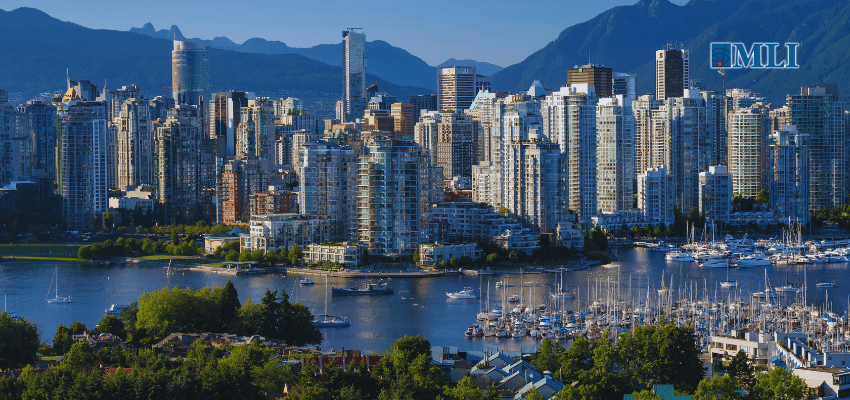This article originally appeared in the Vancouver Sun.
By Jerome Gessaroli, November 29, 2024
At 67, Edward Boe works part-time in security in Vancouver’s Downtown Eastside, struggling to stretch his $1,500 monthly pension. After rent and utilities, he has just $300 left for food. “No one can live on that,” he told the Vancouver Sun in an interview this month. His story reflects why affordability united voters across party lines in the recent election. British Columbians are feeling the squeeze from high housing costs and rising grocery bills. On the day his cabinet was sworn in, Premier David Eby’s message to both the public and his ministers was clear — the cost-of-living challenges must be tackled.
If his government is to make real progress, it will require evaluating all policies, not just fiscal ones, through an affordability lens. For all new initiatives, Eby’s ministers must ask: Will this make life more or less affordable for British Columbians?
Answering this question requires understanding that government policies cannot ignore economic realities — scarcity, incentives, trade-offs, and unintended consequences. Policy success depends on recognizing these truths. No legislation can override them, and ignoring them often leads to failure and higher costs, often harming those who can least afford it.
A fundamental economic truth is that resources are limited, but government ambitions will always outstrip what is economically sustainable. Ignoring scarcity will lead to unsustainable programs, mounting debt and tough choices down the road.
Second, incentives matter — profoundly. Every policy changes behaviour. Some changes are predictable, such as how higher taxes reduce investment, while others emerge in subtle and unforeseen ways. Designing sound policy in a complex economic world is not easy. While we cannot predict every consequence, it is important to focus on minimizing harm.
For example, the recent mandate requiring that all newly built apartment units be 100 per cent accessible is a noble effort to support people with disabilities. However, while this mandate is not a direct spending program, it could add $75,000 per unit in extra costs, worsen affordability and exclude more people from the housing market.
Or take the Scrap-It program, designed to reduce emissions by offering incentives to retire older, higher-polluting vehicles. The policy may succeed in reducing emissions, but it also reduces the supply of affordable used cars, making transportation less accessible to low-income families.
These examples show how even well-intentioned policies can have unintended consequences, often worsening the economic burden, the very issue the premier wants to address.
Every dollar spent comes with an opportunity cost — it means giving up the chance to use the money for something potentially more beneficial. B.C.’s $4,000 electric vehicle purchase subsidy results in greenhouse gas reductions that cost taxpayers over $300 per tonne, while investing to protect ecosystems such as wetlands and grasslands is estimated to achieve the same reduction for under $100 per tonne.
Finally, ambitious or “stretch” targets in policy mandates, can backfire. Businesses must invest and prepare in advance, only to face costly product shortages and higher consumer prices when these targets are not met. The current provincial electric vehicle mandate is a case in point. Sound policy should use realistic data-driven targets that businesses can plan around without distorting markets or harming consumers.
Government intervention is like squeezing a balloon — press down on one end, and the air simply moves elsewhere. Policymakers frequently overestimate their ability to control complex economic systems. Legislative authority cannot override fundamental economic principles.
I urge Eby and his ministers to consider these hard truths and start a conversation with economic and policy experts to design practical, economically sound measures that benefit all British Columbians while protecting our environment and economic future.
Jerome Gessaroli is a senior fellow with the Macdonald-Laurier Institute and leads the Sound Economic Policy Project at the B.C. Institute of Technology.






